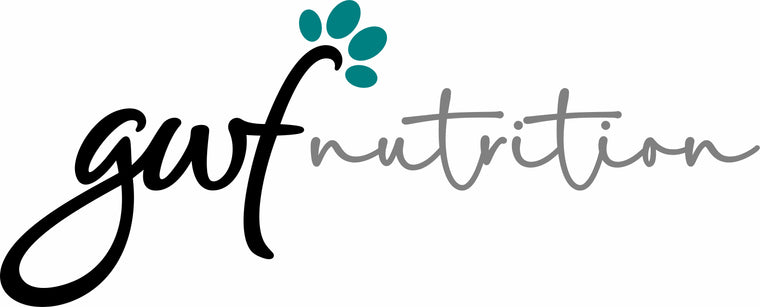As the saying goes, a healthy dog is a happy dog and as owners we all want to do the best for our four-legged friends. But how do you know whether your dog is really happy? It’s not always straightforward to know exactly how they are feeling, so being able to understand non-verbal cues is useful.
So How Can I Tell if My Dog is Happy?
Although dogs can’t express feelings in the same way we can, you will probably find you can pick up clear signals from their demeanour, body language and behaviour. Even your dog’s general health and energy levels can be an indicator.
- Read Your Dog’s Body Language
A high waggy tail is the classic sign of a happy dog. If your dog’s tail is relaxed in a neutral position that is also a good sign. A low wag or tucked tail can signal a stressed, anxious or unhappy dog. But besides the tail your dog’s general posture and body language can give you some clear signs about whether they are content or not. Even a dog who is playful and full of energy will have a relaxed body if they are happy.
Floppy ears and neutral eyes are another good indicator - if your dog is relaxed these will also be their normal shape. If you’re not sure about your dog’s eyes, look a bit more closely when doing different activities to understand what they look like when your dog is relaxed.
- A Happy Dog Will Be Active and Playful
Although older dogs may not be quite as boisterous as they once were, a happy dog should be up and about playing and exploring for most of the day. If you notice that your dog is unusually quiet or sleeping a lot there could be something wrong. If your senior dog has slowed down a bit on walks or seems stiff when getting up from resting, for example, it may be time to consider giving a joint supplement like Joint Aid for Dogs.
- Is Your Dog Sociable and Affectionate?
Dogs love company and will usually seek out the attention of their family members. If your dog leans in when you stroke them that’s a good sign. Dogs who turn away or hide may well be stressed or anxious. If your dog needs some time out it’s important to let them have it and let them come to you when they are ready.
- A Happy Dog Sleeps and Eats Well
Some dogs are more picky than others but if your dog’s appetite changes it could be sign that something is wrong. Likewise with sleeping – a happy relaxed dog will pick their favourite comfy spot and drift off into the land of nod. A stressed dog, on the other hand, may repeatedly wake and change positions or look for another spot to settle in. If you are at all worried about your dog’s health you should always get them checked out by the vet.
- Trust Your Instincts
Ultimately as an owner you will know what your dog’s usual behaviour and temperament is. If you notice any sudden changes in them keep in mind that pets can find change in the home stressful, and can be affected by personal loss just like we can (they may even be missing another family pet). Figuring out what the problem is the first step to helping your dog get their mojo back, and of course if you are worried about their health speak to your vet straightaway for advice.
